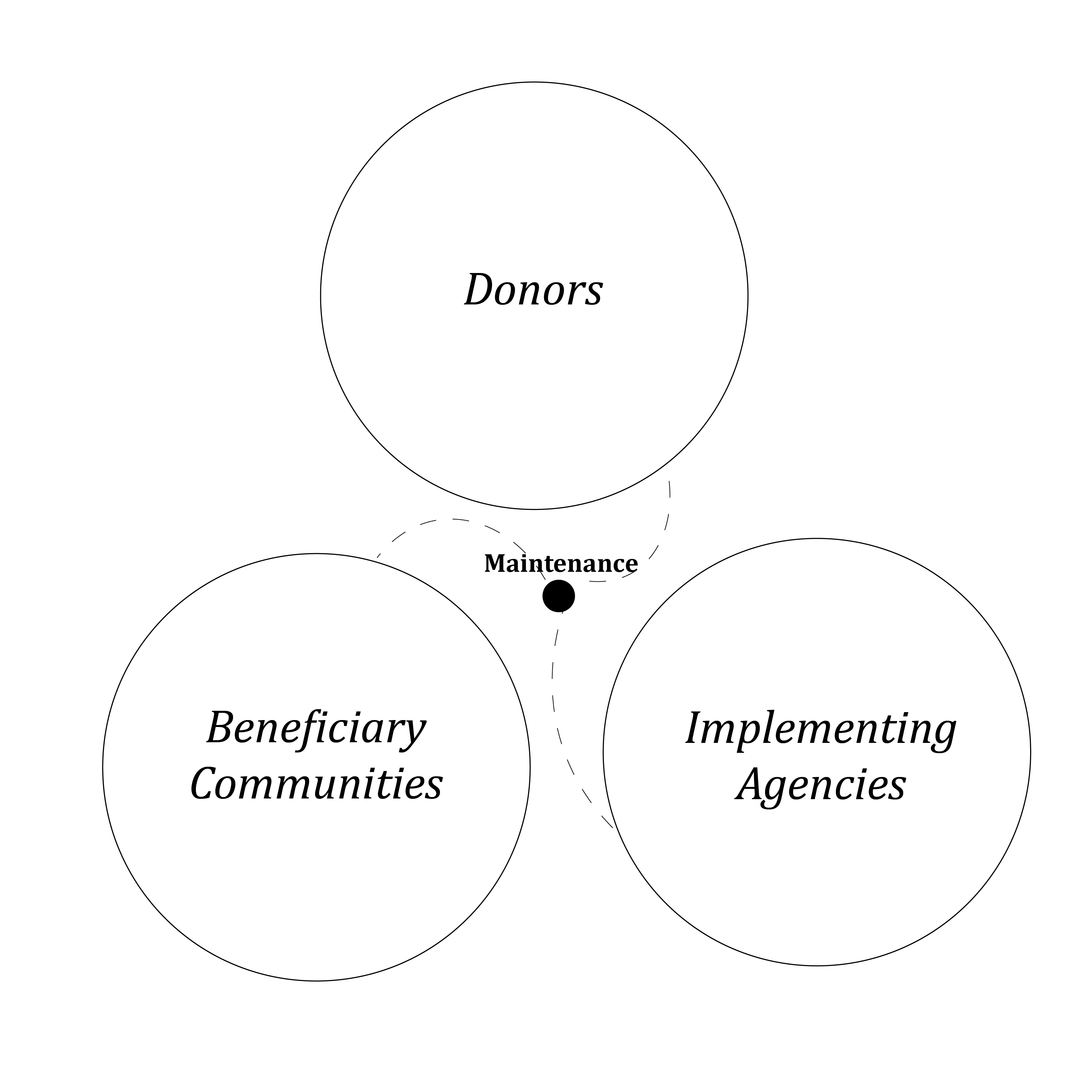Dr. Abdul Rahman Al-Sumait and the work of Direct Aid
Contributor
0 • Patchwork
One day, Om Ali, a generous donor from Kuwait, extended financial support to a newly graduated medical student with the aim of using this money to ignite a charitable project in Africa. Little did Dr. Abdul Rahman Al-Sumait realize this initial gesture of generosity would mark the commencement of his journey toward advocacy and humanitarian relief efforts. It was in Malawi where he laid the cornerstone for his life’s mission: overseeing the construction of the first mosque. He ignited his vision for spreading Islam and fostering human development in Africa at this pivotal moment. Establishing the African Muslims Committee in 1982 marked his forayed into relief work by recognizing the fertile ground for Islamic propagation and human development.
Over time, this initiative evolved to encompass diverse communities beyond religious perimeters, shifting the organization’s name to Direct Aid. Recognizing education as the cornerstone of sustainable development, Dr. Al-Sumait prioritized constructing schools and universities. Understanding the adage, “Give a man a fish, and you feed him for a day; teach a man to fish, and you feed him for a lifetime,” he prioritized the investment in human power. Notably, Al-Ummah University in Kenya, focusing on majors such as engineering and medicine, exemplified his commitment to uplifting communities through education. Fundamental to Al-Sumait’s approach was the establishment of robust frameworks for development projects, fostering cohesion between donors, implementing agencies, and beneficiary communities. During a recent meeting, Dr. Abdullah Al-Sumait, the son and successor as CEO of the Direct Aid Society, underscored the importance of maintaining this continuum in development efforts. The longevity and effectiveness of projects hinge on sustained engagement and alignment among donors, implementing agencies, and beneficiary communities. Highlighting the significance of follow-up and community empowerment, Dr Al-Sumait stressed the need to bridge gaps that often lead to project abandonment or misalignment of objectives. Many projects face abandonment due to insufficient human and material resources, leading to repurposing; for instance, a mosque may transform into a storage facility.
What is striking is the remarkable initiative Dr. Al-Sumait displayed during his time. Despite the scarcity of studies exploring the dynamics between donors and charitable organizations in his era, his passion for applying his knowledge and experiences to establish the essential framework for practical philanthropic projects was above everything. This groundwork, meticulously laid by Dr. Al-Sumait served as a solid foundation for subsequent endeavors, with his son following in his footsteps to carry forward this legacy. Al-Sumait’s initiatives explore community involvement through the concept of “commoning.” As defined by Barbara Lipietz and Gautam Bhan, this approach emphasizes communal participation and empowerment, resonating with modern discussions on urban equity and governance. Commoning fosters significant engagement and ownership within targeted communities by promoting dialogue and generating economic prospects. It’s an invitation and a stepping stone to consider the various aspects involved in embodying the concept of goodness, and what the future of aid will look like. Asking how we can make the best of the good and what empowering methods the work of aid can imply or provoke.
